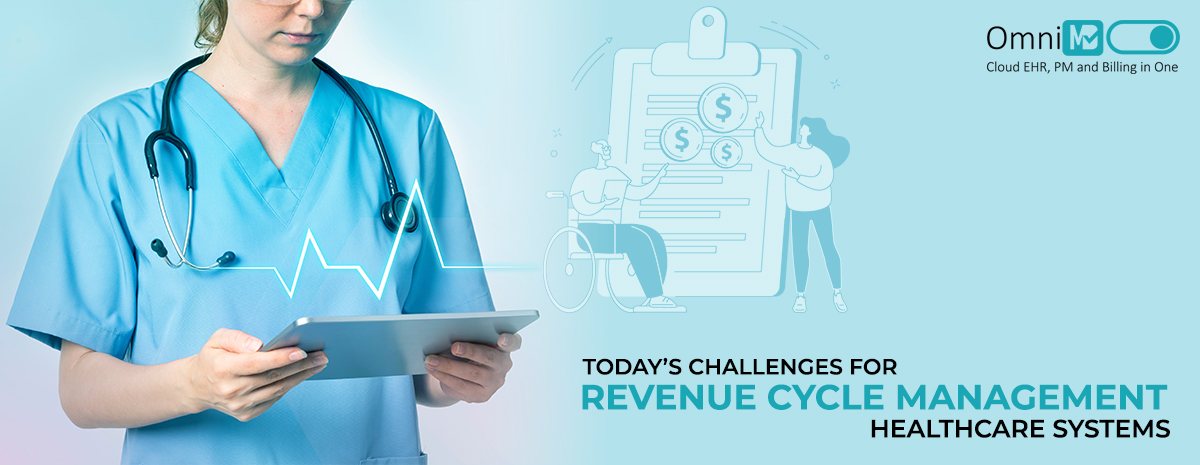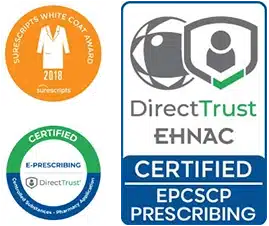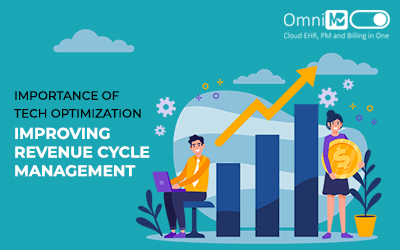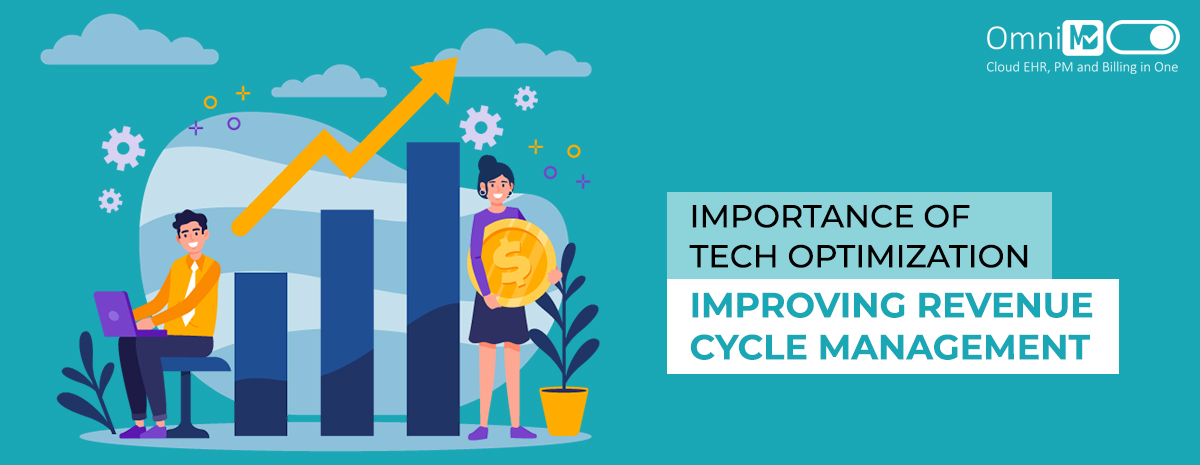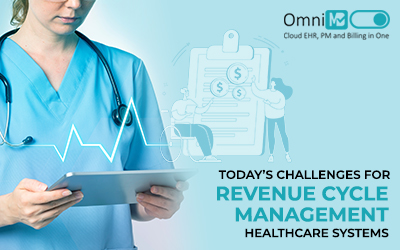
Today’s Challenges for Revenue Cycle Management in Healthcare Systems
Today’s Challenges for Revenue Cycle Management in Healthcare Systems
September 1, 2022
- Steps in the revenue management process
- The hospital revenue cycle management process covers:
- Pre-registration of a patient
- Registration
- Charge capture
- Claim submission
- Remittance processing
- Insurance follow up
- Patient collection
There is more by way of gathering data, analyzing it and deriving information that helps to identify weak spots and bottlenecks. The RCM system is complex and needs a thorough grasp of how it works for operators to derive the optimum benefit and overcome inherent challenges in the revenue cycle management. According to Advisory Board, hospitals can lose about $22 million without having an accurate and efficient RCM in place.
Training personnel
This is a key but often neglected area. Personnel who use the RCM software often have to learn it on their own and barely get past the essentials. Knowledge of medical coding as applicable to that region is crucial at the preregistration stage and in subsequent billing stages. This involves a learning curve for which time is required. Due to this some service providers may consider outsourcing to a revenue cycle management company. Coding a medical claim can take hours and needs knowledge that in-house personnel may lack and, therefore it may seem appropriate to hand over revenue cycle management process to expert revenue cycle management services. It also entails additional expenditure so, for the long term, it is best to introduce a degree of automation at the pre-registration stage and put in efforts to get personnel to undergo systematic training, possibly by revenue cycle management consultants. If there is no precise coding then the billing will not be accurate and it results in a loss as well as delays in reimbursement. With training your personnel can overcome bottlenecks of coding, set up the hospital’s charge master and capture charges in addition to being better placed to inform patients about all that is involved right before they register.
Technology implementation
Administrators and doctors in hospitals may not be familiar with how technologies work. Technology may be implemented in a piecemeal fashion with medical appointment software, EHR and revenue cycle management software working in parallel and in isolation. There is no connect between the data in each path and that poses challenges of streamlining operations and keeping tabs. It also becomes cumbersome for doctors or those in charge of RCM to refer to each and concatenate results leading to errors of commission and omission obviously to the financial detriment of the healthcare service. The smart thing to do is to engage expert revenue cycle management vendors or get revenue cycle management solution providers to integrate all disparate streams to be usable through a single interface. If usability improves it aids efficiency and personnel will make optimal use to enhance operations across the board from start to finish of the cycle.
The gaps addressed
Coding is just one part that could pose an immense challenge in the revenue cycle management process. There are others that affect smooth cash flow.
- It is vital for healthcare service providers to get their doctors accredited with insurance companies to avoid situations in which claims can be withheld on that ground. Overlooking this step can be a problem but it is easily taken care of with due attention right from the start when a doctor is going to be assigned to treat patients.
- The preregistration is a crucial step in which several key information can be missed such as insurance information and eligibility as well as financial expectations of the patient and payment modes as well. One needs to meticulously gather data at this stage.
- The registration step of the revenue cycle management process is another step that can face challenges due to inaccurate information and non-collection of advance payments and assigning insurance benefits as well as determining eligibility and amount.
- Missing charges is another challenge. Charge capture may be done through manual input of data or automated. Regardless, some charges such as ancillary services may be missed and if recovery is attempted at a later date then a refusal is likely. Revenue cycle management consultants could possibly help address this gap through measures like claims scrubbing technology to ensure coding is done right.
- Claims submitted to the insurance payer may not be in full conformity and this is also dependent on charge capture. Errors here may lead to refusal or delays. The solution is to vet each thoroughly and then track claims in real time to ensure only clean claims go through.
Accounts receivables, payments
It is often assumed that claims will be paid in full but that may not be the case. Insurance may pay less than expected and then it is for the healthcare provider to pursue the patient to pay the difference. Not paying attention to this could lead a mounting deficit. This deficiency can be overcome through the use of the right RCM system and by making the personnel aware about keeping track or, better, still, automating the system to send out a bill/reminder to patients fro such payments.
Data analytics
One must know how to analyze data derived from the revenue cycle management process, an area in which medical personnel may not be interested or capable of handling. It is essential that healthcare service providers know about key performance indicators and to keep watch over receivables as well as expenses and generate reports. Engaging revenue cycle management
consultants could bring your personnel up to speed in these areas. The RCM system generates and keeps on generating data that can be analyzed to derive useful information about revenue generation, reduce delays and address issues that affect processing. This is a challenge but training and familiarity through regular use of the revenue cycle management software by assigned personnel will deliver positive outcomes.
These are just a few challenges, mostly on the operational side but there will be others too such as software and hardware glitches from time to time. Retaining revenue cycle management consultants is one way to minimize and overcome challenges and ensure you get the most out of your investment in RCM software. Get in touch with OmniMD to resolve all such challenges and be prepared for future ones.

